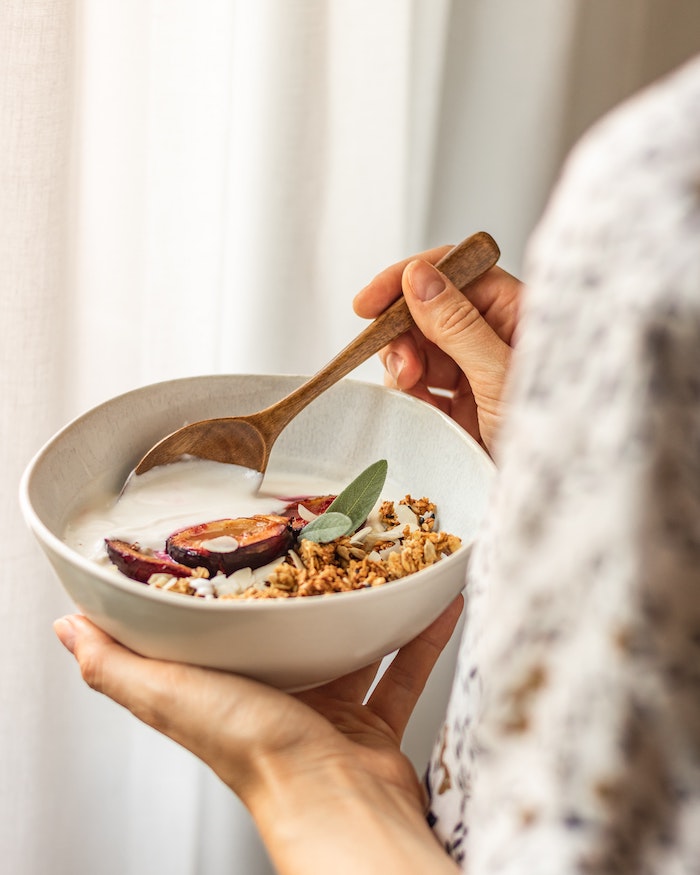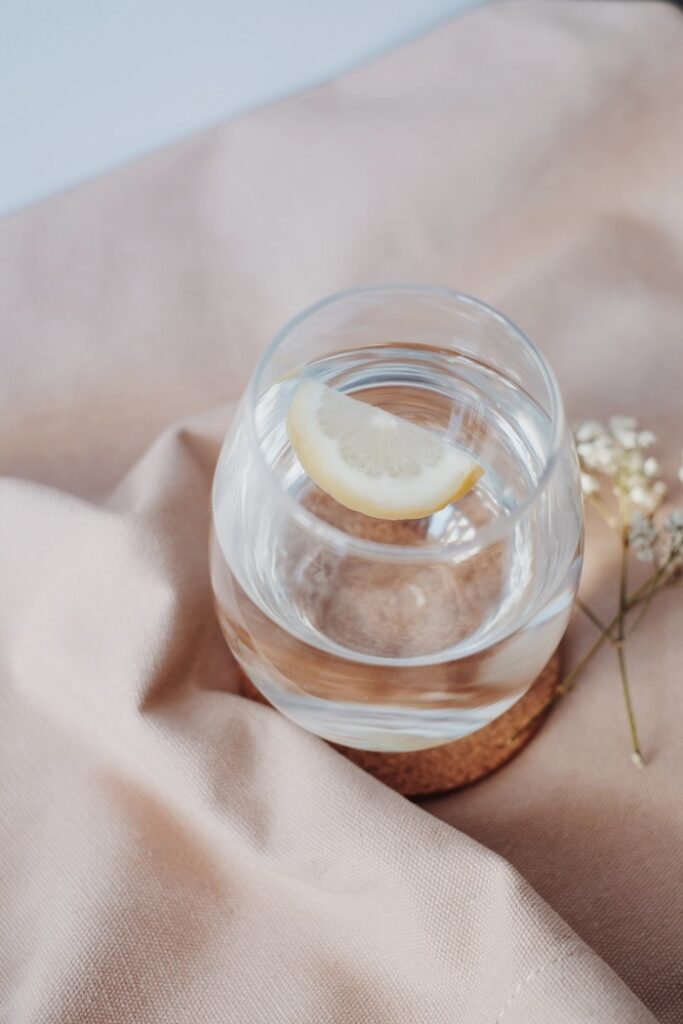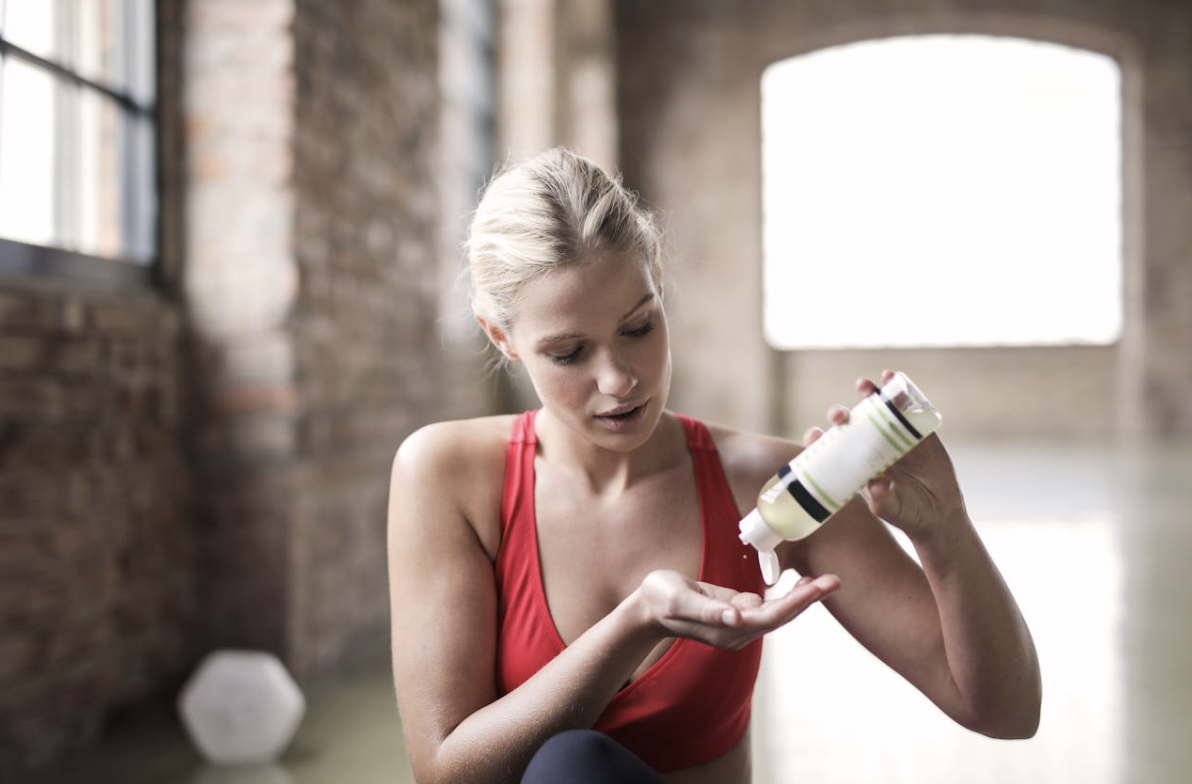
When it comes to the wellness industry, there’s more BS out there than actual science. So how do you wade through the junk, debunk the wellness trends and myths, and find practices that work for you?
Here are some of the most common wellness myths I’ve seen online and some alternatives that actually work.
What Is Wellness?
“Wellness” means different things to different people, but in a general sense, it’s the practice of implementing healthy habits into your daily life. It means finding ways to improve your physical, mental, and emotional health through small, intentional life changes.
To me, wellness means…
- Getting proper rest, and that doesn’t just mean sleep. There are seven types of rest, and you need a balance of all of them.
- Eating a balanced diet, whatever that looks like to you. There’s no cut-and-dry system for eating healthy. Instead, experiment to find a diet that fits your body’s needs.
- Exercising regularly in ways that feel good. Exercise shouldn’t be a punishment! It should be part of your routine that you genuinely look forward to. Exercise is a way to unwind your mind and nurture your body.
- Practicing digital wellness, meaning using my devices less and with intention. Your phone can have a negative effect on your mental health, sleep patterns, and body image. Try to find more balance!
- Making time for self care. This is the cornerstone of my wellness routine. Regular self care can improve your health, make you happier, and even help you love your work more.
Of course, you should try new things to find a form of wellness that feels good to you. Don’t be afraid to experiment!
The Rise of the Wellness Industry
The global wellness industry is worth over $4 trillion dollars, and that number is only growing. Especially since the start of the pandemic, people have started investing more in their wellness. And that means wellness brands are looking for more and more ways to get their hands on your hard-earned cash.
From fad diets to meditation apps to sunlight-mimicking light bulbs, you can find a product that claims to cure just about anything. The trick is cutting through the marketing and consumerism to find wellness trends and products that actually work.
7 Common Wellness Myths Debunked
MYTH: You need a daily workout routine.
FACT: Your body needs rest! While a little bit of exercise every day is a good thing, don’t overdo it. Too much exercise can lead to soreness, insomnia, depression, and even lasting injuries. Plus, if you put too much strain on your body, you’ll eventually notice you don’t perform as well. Nobody wants that!
If you really need your exercise fix every day, opt for a walk around the neighborhood or a few minutes of stretching instead of a full-on workout. These activities help your body recover and heal so you’ll be ready to go 100% in the gym tomorrow.
And of course, don’t be afraid to take a real break! A couple days without exercise isn’t going to hurt you or set you back on your fitness goals. Chances are, it’ll actually help you reach them sooner!
MYTH: Carbs are bad for you.
FACT: Carbs are necessary for your body to function. They’re your body’s main source of energy (you know, the stuff that keeps you alive). They keep your body functioning well and performing all those behind-the-scenes tasks that keep you going, like digesting food, removing toxins, and thinking. A diet without carbs is a starvation diet!
Instead of cutting carbs, just make sure you’re eating balanced meals. Along with your carbs, eat plenty of protein and healthy fats. Not only will this help get your body the nutrients it needs, but it will also give you more lasting energy and keep you feeling good throughout the day.

MYTH: The more steps in your skincare routine, the better.
FACT: I know those twelve-step skincare routines on TikTok are tempting, but they can actually do more harm than good. Too much of anything–be it exfoliation, cleanser, even moisturizer–can leave your skin irritated and your pores clogged. And if you’re not careful, you may accidentally use products that interact negatively with one another. Hello, breakouts!
In addition to causing irritation, some skincare products can increase your sensitivity to sun. These products–especially ones with retinol, AHAs, and hydroquinone–should only be used at night, and very sparingly.
Instead of piling on the products, stick to a simple, clean skincare regimen. This will keep your pores clear, your skin hydrated, and your natural oils doing what they do best–protecting your skin!
MYTH: Skinny = healthy.
FACT: Health goes way beyond weight. Not only is it possible to be too thin, but weight is a really poor indicator of health. It’s better to look at other indicators, like blood pressure, cholesterol, or physical activity levels.
Instead of exercising and eating right to lose weight, focus on feeling better in your body. Exercise to feel stronger and ease muscle pain. Eat well to reduce bloating and increase your energy. If you lose weight along the way, great! But practicing a bit of body neutrality can help you love your body more and treat it better.
The best way to measure your health is by talking to a doctor. Regular blood tests and check-ups can give you so much insight into what your body needs. Find a doctor who’s willing to listen to your fitness and wellness goals and help you reach them.
MYTH: Juice cleanses help rid your body of toxins.
FACT: No liquid detox can do for your body what healthy, functioning kidneys can. In reality, juice cleanses have a mild laxative effect, and that’s why they leave you feeling lighter and less bloated. They clear something out, but it’s not toxins…
Not to mention, going several days without actual food can be really detrimental to your health. You don’t get any protein, and you get tons of natural sugar. You’ll feel lethargic, and you’ll be thinking about food constantly. Trust me.
Instead of buying into expensive juice cleanses, focus on providing your body with a healthy, balanced diet. Stay hydrated and manage your blood sugar to help your body’s natural toxin-fighting systems function.

MYTH: The vegan diet is the healthiest one.
FACT: While it’s definitely possible to be vegan and healthy, it’s even easier to be vegan and unhealthy. Many vegans end up requiring supplements to fill in the gaps in their diets–namely protein, iron, and vitamin B12.
Plus, there’s this incorrect assumption that “vegan” automatically means “unprocessed,” which is far from the truth! There are tons of vegan “junk food” options out there, and too much of any good thing can be detrimental to your health. As with anything wellness-related, it’s all about balance!
If you want to reduce your carbon footprint and eat fewer animal products, go for it! Every meat-free meal does a little good for your body and the planet. Just make sure you’re eating a balanced diet and plenty of protein. And if you do want to go vegan, do your research! Plenty of vegans are perfectly healthy. It just takes planning.
MYTH: You need to get off birth control.
FACT: There’s a lot of talk online right now about getting off birth control to improve your hormonal health, but it’s a bit more complicated than that. Hormonal birth control has tons of advantages, like regulating your periods, reducing pain, and reducing your risk of ovarian cysts. (Not to mention preventing pregnancy!) In reality, getting off birth control isn’t a smart or safe option for some women, and that’s okay.
Instead of quitting birth control, try other ways to balance your hormones. Practice regular exercise, eat a balanced diet, and get plenty of sleep. And if you do want to get off your hormonal birth control, consult with your OBGYN to find another form of contraception.
Create a wellness routine you actually enjoy…
… without all the trendy BS. The key to practicing self care isn’t following the trends, but instead finding a routine that you’ll stick to. So long as you’re making small improvements, you’re moving in the right direction! Want to create more space for wellness, intentional living and self care in your life? Sign up for my free class.






+ show Comments
- Hide Comments
add a comment